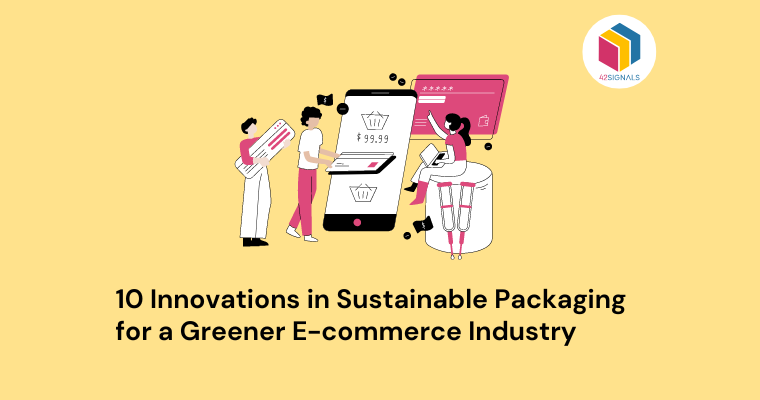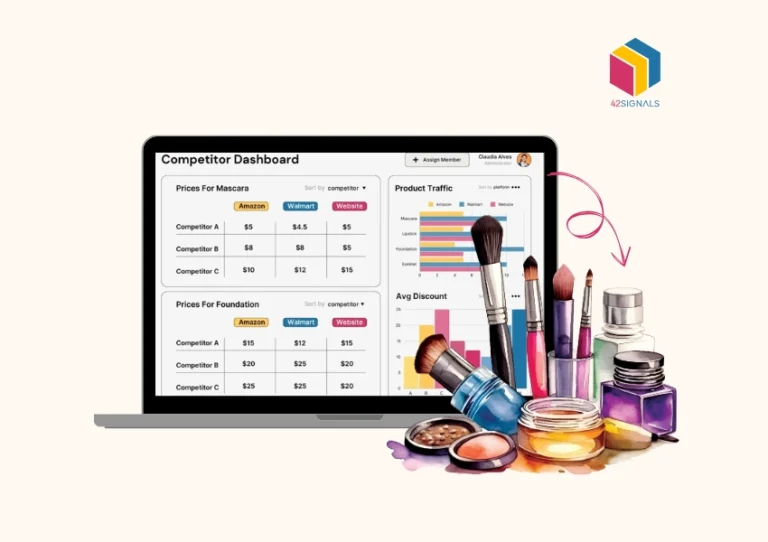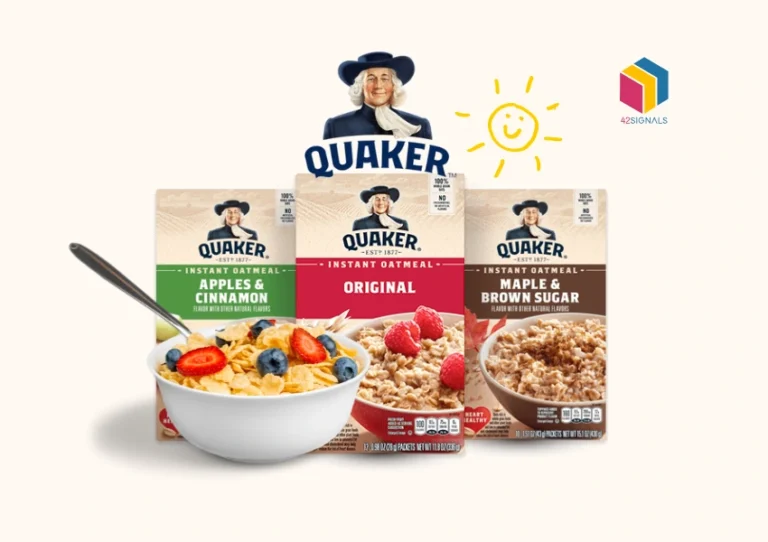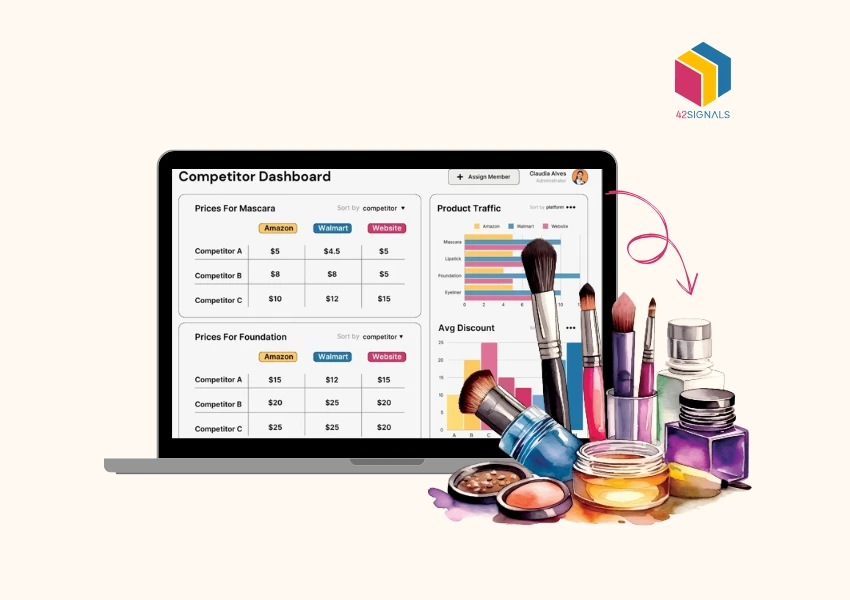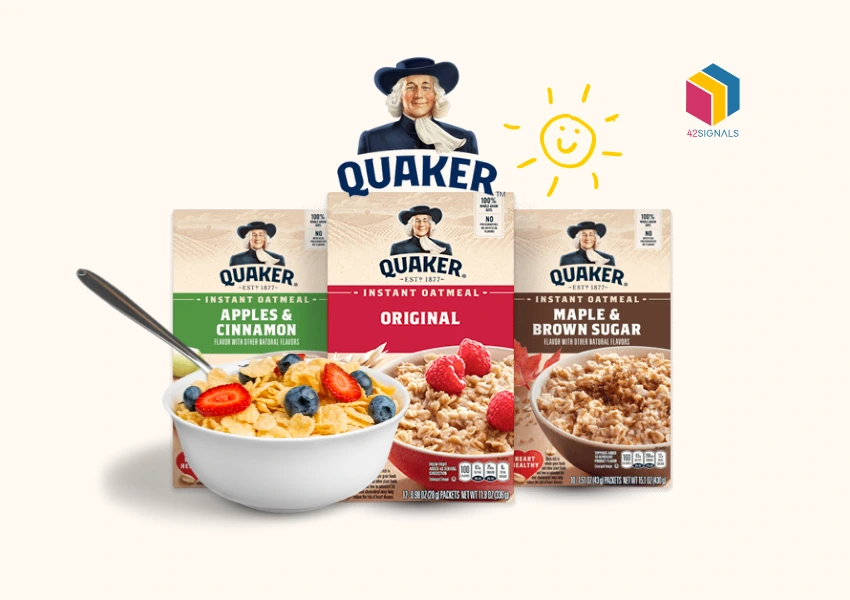What is Sustainable Packaging?
The e-commerce industry has experienced exponential growth over the past few years, and with it comes an increase in packaging waste. As consumers become more environmentally conscious, businesses are seeking innovative solutions to minimize their ecological footprint without compromising product protection or customer satisfaction. Here are ten groundbreaking innovations in sustainable packaging designed specifically for e-commerce applications.
#1 Mushroom-Based Packing Materials
Companies like Ecovative Design have developed alternatives to plastic foam using mycelium, the root structure of mushrooms.
This biodegradable material offers excellent cushioning properties while reducing reliance on petroleum-based products.

#2 Seaweed-Derived Packaging Films
Startups such as NotPla have created flexible packaging films made from brown seaweed.
These films can replace traditional single-use plastics and decompose naturally within weeks when discarded in marine environments.
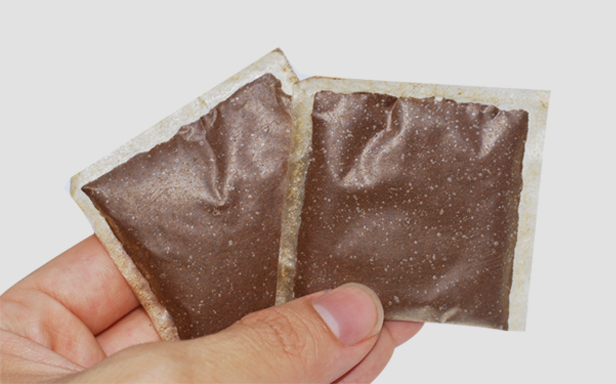
Image Source: Material District
#3 Starch-Based Peanuts
Traditional polystyrene peanuts used for void filling during shipping can be replaced with starch-based alternatives.
These compostable options provide similar protective qualities but dissolve easily in water and pose no harm to wildlife if ingested accidentally.
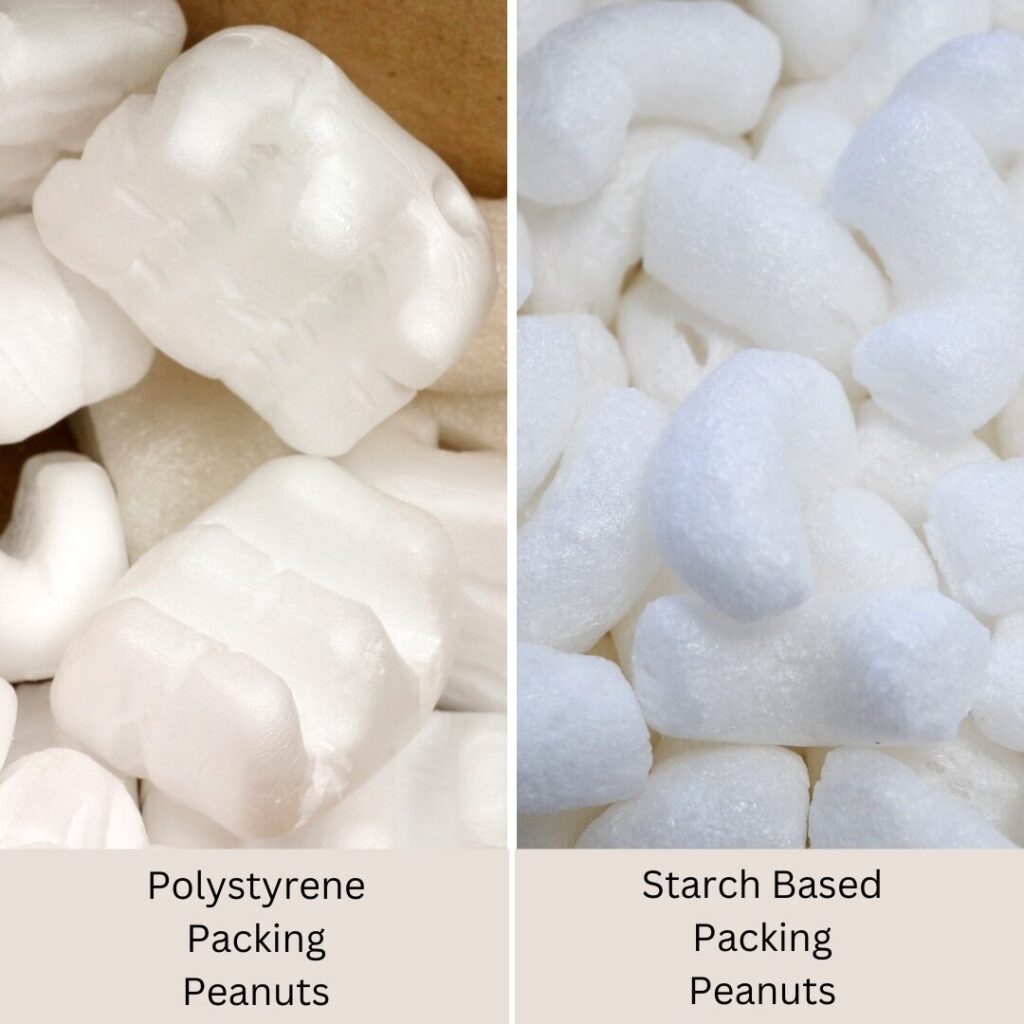
#4 Recycled Carboard Boxes in Sustainable Packaging
Many companies now opt for recycled corrugated cardboard boxes instead of virgin paper products.
Using post-consumer waste reduces deforestation and energy consumption associated with manufacturing new materials.
#5 Plant-Based Inks
Conventional printing inks contain harmful chemicals that may leach into soil and water sources upon disposal.
Plant-based ink alternatives offer a safer, more eco-friendly solution for branding and labeling packages.
#6 Edible Packaging to Promote Sustainable Packaging
Some brands have taken sustainability to another level by developing edible packaging materials.
For example, Loliware creates seaweed-based cups and straws that users can consume after use or dispose of guilt-free since they break down quickly in nature.
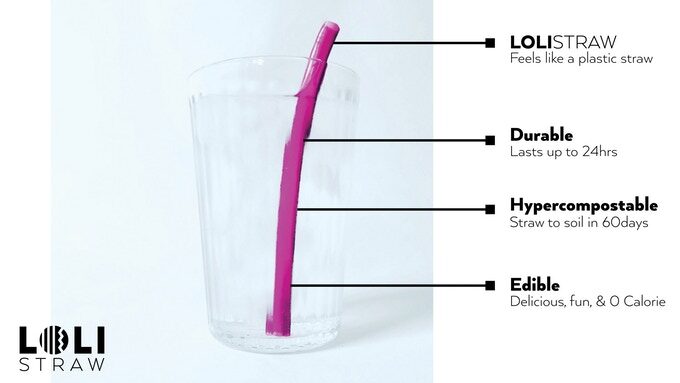
Image Source: Beverage Daily
#7 Reusable Shippers
Instead of relying solely on one-time-use sustainable packaging, several firms have introduced reusable shippers designed for multiple journeys.
These containers often feature interlocking components, allowing customers to return them for refilling and reusing.
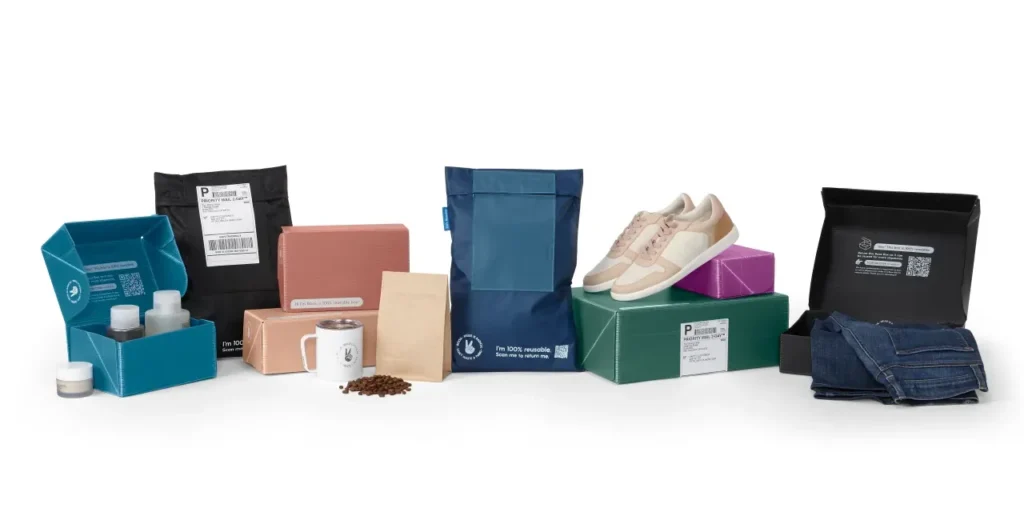
Image Source: Modern Retail
#8 Air Pillows for Sustainable Packaging
Inflatable air pillows reduce volume compared to conventional bubble wrap, resulting in lower transportation emissions and easier storage.
Additionally, these pillows can be repeatedly deflated and reinflated, further extending their lifespan.
#9 Smart QR Labels
To encourage proper recycling, some companies incorporate smart labels equipped with QR codes into their sustainable packaging.
Customers can scan these codes to learn about local recycling programs and guidelines, ensuring responsible disposal.
#10 Returnless Refunds
A growing number of retailers are offering returnless refunds as part of their sustainability initiatives. By allowing customers to keep unwanted items without requiring returns, businesses save resources associated with reverse logistics and unnecessary repackaging.
Like this article?
Read our e-commerce blogs for more insightful content.
